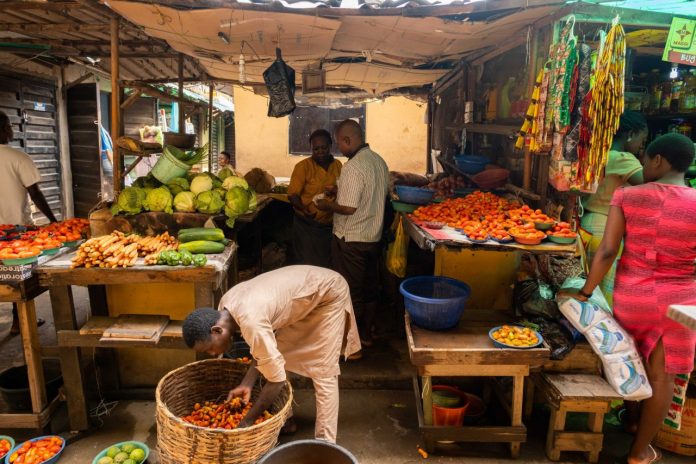In a country where the cost of living seems to rise faster than the minimum wage, managing a food budget can feel like navigating a minefield. The days of spontaneous grocery trips and dining out without a second thought are long gone. But fear not, fellow Nigerians! With a little creativity and planning, you can stretch your food budget without compromising on taste or nutrition.
1. Plan Your Meals
The saying “fail to plan, plan to fail” is particularly relevant when it comes to food budgeting. Before you even step into the market, make a meal plan for the week. This will help you:
- Avoid impulse purchases: When you know what you need, you’re less likely to be tempted by shiny new products.
- Reduce food waste: By planning meals, you’ll only buy what you’ll use.
- Save time: You won’t have to spend hours deciding what to cook every night.
2. Shop Smart
- Make a list: Stick to your grocery list and avoid distractions.
- Compare prices: Don’t just grab the first thing you see. Check prices at different stores and online to find the best deals.
- Buy in bulk: If you have storage space, buying in bulk can be a great way to save money. Just make sure you’ll use it before it goes bad.
- Look for sales: Keep an eye out for sales and discounts. Many supermarkets offer weekly specials.
- Consider store brands: Store brands often offer quality products at lower prices than national brands.
3. Cook at Home
Cooking at home is generally cheaper than eating out. Even if you’re not a culinary whiz, there are plenty of simple and delicious meals you can make with minimal effort.
- Learn basic cooking skills: Mastering a few basic techniques like sautéing, grilling, and roasting can go a long way.
- Make your own sauces and dressings: These can be expensive to buy pre-made.
- Batch cook: Prepare large quantities of meals on the weekend and freeze them for later.
4. Reduce Food Waste
Food waste is a major problem in Nigeria, and it can also be a drain on your budget.
- Store food properly: Follow storage guidelines to keep food fresh for longer.
- Use leftovers creatively: Turn leftovers into new meals.
- Compost food scraps: Composting can help reduce your waste and improve your garden.
5. Grow Your Own Food
Even if you have a small space, you can grow your own herbs, vegetables, or fruits. Homegrown produce is not only cheaper but also fresher and more nutritious.
- Start small: Begin with easy-to-grow plants like tomatoes, peppers, or basil.
- Use containers: If you don’t have a garden, you can grow plants in pots or containers.
6. Find Free or Low-Cost Resources
There are many organizations and initiatives in Nigeria that provide food assistance or resources for people in need.
- Check with your local government: Many local governments offer food banks or meal programs.
- Contact non-profit organizations: There are numerous non-profit organizations that provide food aid.
Remember, managing your food budget doesn’t mean you have to sacrifice quality or variety. With a little planning and creativity, you can enjoy healthy, delicious meals without breaking the bank.













